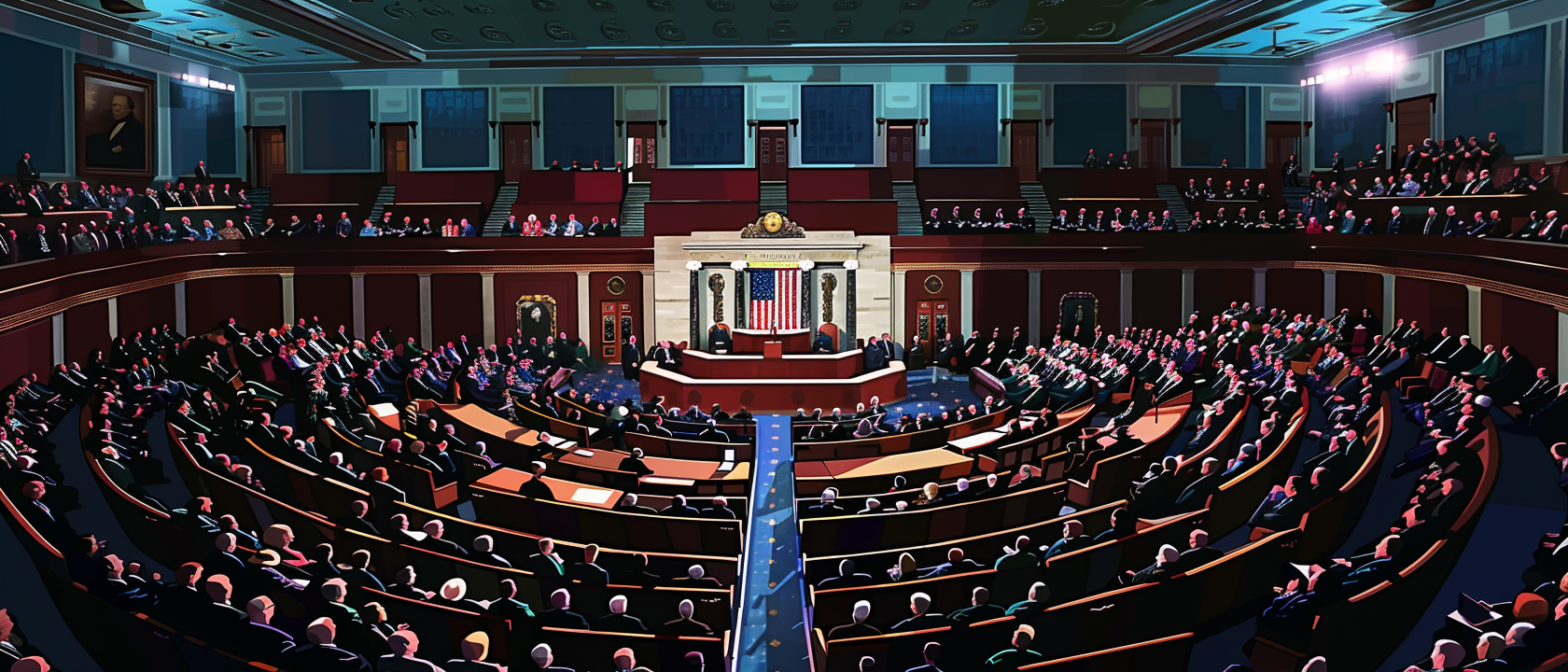

The U.S. House upheld President Biden's veto on a bill to nullify the SEC's SAB 121 rule, which requires public companies to include customers' Bitcoin on their balance sheets.
The U.S. House of Representatives voted on Thursday to uphold President Joe Biden's veto of a bill that would have nullified the Securities and Exchange Commission's (SEC) controversial crypto accounting policy known as Staff Accounting Bulletin 121 (SAB 121). Despite a robust majority, the House failed to secure the necessary two-thirds majority needed to override the presidential veto.
According to CoinDesk, the final count stood at 228 lawmakers in favor of overriding the veto against 184 who voted to sustain it. This outcome leaves SAB 121 in effect, a policy that advises public companies, particularly banks, to include customers' Bitcoin on their balance sheets, potentially leading to higher capital requirements for these institutions.
The U.S. House failed to override President Biden's veto on SEC's SAB 121 rule.
— TFTC (@TFTC21) July 11, 2024
Despite bipartisan support, the vote fell short of the two-thirds needed. pic.twitter.com/l1clS0CXSn
Rep. Maxine Waters (D-Calif.) highlighted ongoing negotiations between the SEC and the banking industry to potentially modify the contentious policy. However, she criticized Republican efforts to forcefully repeal the SEC's guidance as being "blunt and overly broad" and undermining the regulator's authority.
The Blockchain Association's CEO, Kristin Smith, expressed disappointment in the outcome, stating in an email that there is a "bipartisan agreement in both chambers of Congress that SAB 121 is nothing more than a punitive, anti-digital asset tool deployed by the SEC.".
The attempt to overturn SAB 121 utilized the Congressional Review Act (CRA), and after a Government Accountability Office review indicated the SEC had misclassified the policy as guidance rather than a formal rule, Congress voted to repeal it. However, President Biden's veto was defended on the grounds that overturning the policy would unduly restrict the SEC's ability to implement necessary guardrails in the future.
The House Financial Services Committee Chair, Patrick McHenry (R-N.C.), staunchly supported the veto override, stating that SAB 121 represents a significant example of regulatory overreach under SEC Chair Gary Gensler's leadership. McHenry argued that the guidance limits consumers’ options and increases concentration risk by disrupting long-standing bank custody practices.
Rep. @PatrickMcHenry voices support for overriding Biden's veto on the SEC's SAB 121 rule that prevents regulated financial firms from custodying #Bitcoin.
— TFTC (@TFTC21) July 10, 2024
"Let's send a message that America will remain the best place in the world to deploy capital." pic.twitter.com/AQcS7s0rNx
The House and Senate had initially passed the resolution with bipartisan support, with 33 Democrats across both chambers voting in favor. However, President Biden's veto, as anticipated, cited concerns over the Congressional Review Act's potential to inappropriately constrain the SEC.